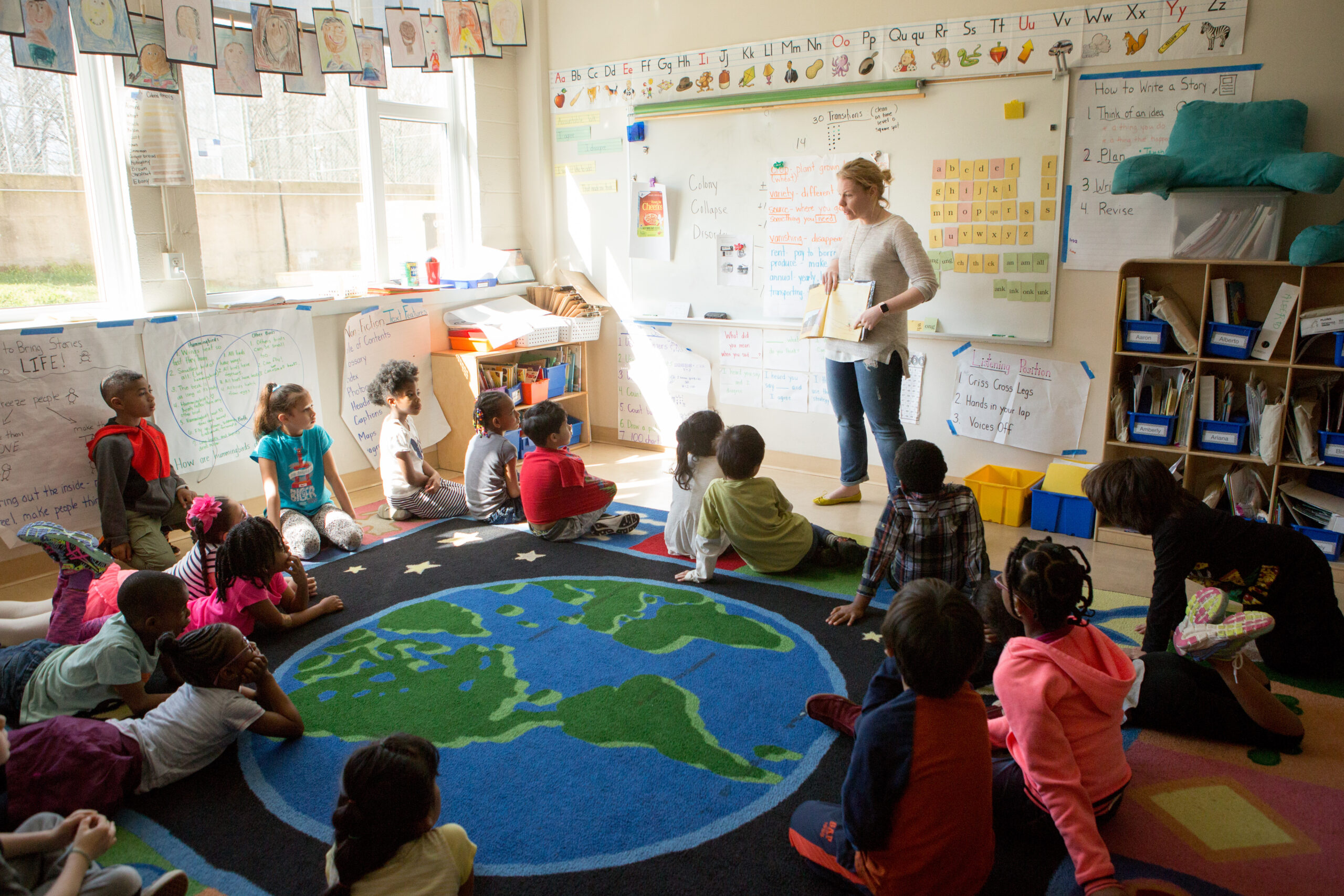In honor of Asian American & Pacific Islander Heritage (AAPI) Month, we invited Bellwether team members to reflect on how their heritage shapes their life and/or the impact & legacy of an AAPI historical hero.
If you are Asian-American or Pacific Islander, how has your heritage impacted your life? Are there any special traditions that you or your family participate in?
Julie Nguyen, design & visual associate
As a first-generation Vietnamese-American, I know how valuable it is for kids to receive opportunities in education. My parents immigrated to the US when they were only 14/15 years old, finishing only some high school before transitioning to the workforce. Knowing this has only ignited my fire to achieve great (and beautiful) things in this life. I carry that strength and sacrifice with me, and am grateful and proud of those who came before me.
Krista Kaput, senior analyst, Policy & Evaluation
My grandma was born and raised in Japan, and met my grandpa when he was stationed in Fukuoka. I was raised to always be proud of my Japanese heritage. Growing up, I was taught how to make sushi and sukiyaki, and I also learned how to do origami. I also had the privilege to visit Tokyo and Kyoto a few years ago, and talking with my grandma about that experience was very special. As I’ve gotten older, we’ve had more honest conversations about her life growing up in Japan during and post-World War II and raising biracial sons in America, which have been pivotal in my life. I am so proud to be her granddaughter.
When you think of Asian-American or Pacific Islander historical heroes, so people no longer living today, who is someone you think of? Why is their legacy important to you and important more generally?
Titilayo Tinubu Ali, partner, Policy & Evaluation
Detroit activist, philosopher, and writer Grace Lee Boggs’ legacy offers so much wisdom that I find relevant to our work of dramatically improving education and life outcomes for systematically marginalized youth. She spoke of how those of us who seek transformation have a responsibility to keep growing, learning, and transforming ourselves. Her legacy calls us toward steady accountability and self-reflection so that we never lose sight of doing the internal and interpersonal work of transformation while we are shaping change “out there.”
She also spoke of how “movements are born of critical connections rather than critical mass.” When challenges in the education sector feel insurmountable, her readings remind me that big changes start small and there are lessons to learn in communities, classrooms, homes, and the tiniest units of change–even when we’re seeking to shape change at scale.
